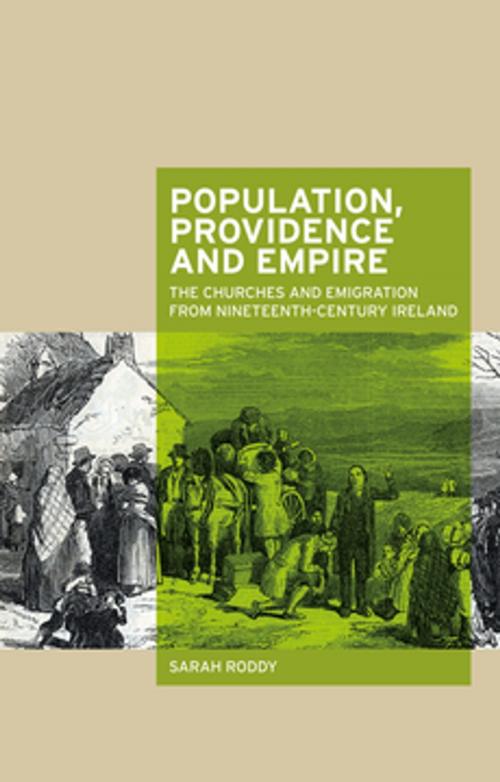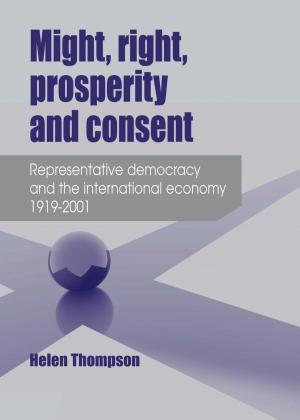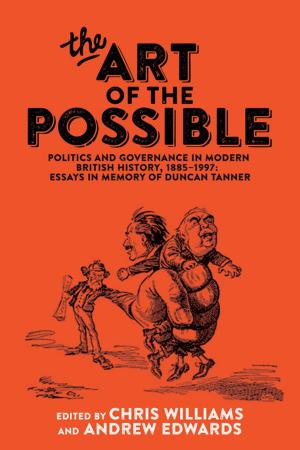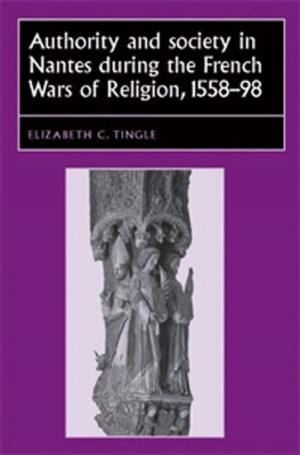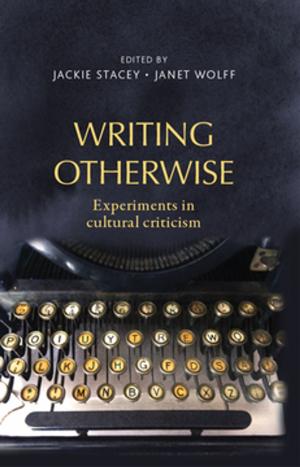Population, providence and empire
The churches and emigration from nineteenth-century Ireland
Nonfiction, History, France, Modern| Author: | Sarah Roddy | ISBN: | 9781847799760 |
| Publisher: | Manchester University Press | Publication: | May 16, 2016 |
| Imprint: | Manchester University Press | Language: | English |
| Author: | Sarah Roddy |
| ISBN: | 9781847799760 |
| Publisher: | Manchester University Press |
| Publication: | May 16, 2016 |
| Imprint: | Manchester University Press |
| Language: | English |
Over seven million people left Ireland over the course of the nineteenth century. This book is the first to put that huge population change in its religious context, by asking how the Irish Catholic, Anglican and Presbyterian churches responded to mass emigration. Did they facilitate it, object to it, or limit it? Were the three Irish churches themelves changed by this demographic upheaval? Focusing on the effects of emigration on Ireland rather than its diaspora, and merging two of the most important phenomena in the story of modern Ireland – mass emigration and religious change – this study offers new insights into both nineteenth-century Irish history and historical migration studies in general. Its five thematic chapters lead to a conclusion that, on balance, emigration determined the churches’ fates to a far greater extent than the churches determined emigrants’ fates.
Over seven million people left Ireland over the course of the nineteenth century. This book is the first to put that huge population change in its religious context, by asking how the Irish Catholic, Anglican and Presbyterian churches responded to mass emigration. Did they facilitate it, object to it, or limit it? Were the three Irish churches themelves changed by this demographic upheaval? Focusing on the effects of emigration on Ireland rather than its diaspora, and merging two of the most important phenomena in the story of modern Ireland – mass emigration and religious change – this study offers new insights into both nineteenth-century Irish history and historical migration studies in general. Its five thematic chapters lead to a conclusion that, on balance, emigration determined the churches’ fates to a far greater extent than the churches determined emigrants’ fates.
